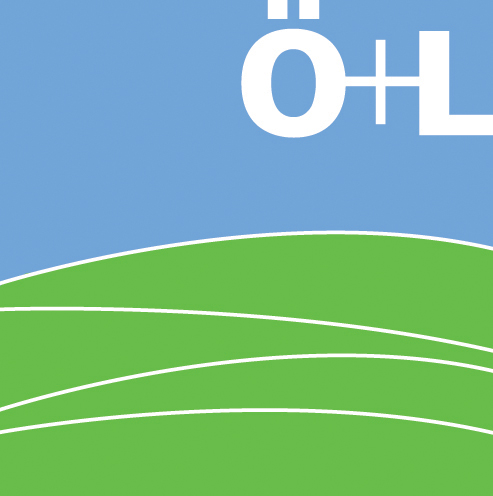The Opportunity of Landscape Development Projects
Landscape Development Concepts (German: ‚Landschaftsentwicklungskonzepte‘, LEK) are an attempt to realize a creative space for socio-cultural and biological self-organisation in the cultural landscape. As a new planning instrument, LEK represent the implementation level of the Landscape Concept of Switzerland which was accepted as the guidelines by the Upper House of Parliament in 1998.
LEK take place on a local and regional scale within the existing legal framework and aim to bring about or to improve the process of sustainable landscape development in a holistic way.
The contours of LEK are still somewhat fuzzy. Nevertheless, some clear characteristics have emerged as alternatives to legislative instruments for classical planning and nature conservation:
- LEK are guided less by the status quo of a landscape to be protected, but rather sketch trends and present for discussion a desirable future status for the landscape
- LEK concern 100% of the landscape and not only selected conservation areas
- LEK amalgamate planning and implementation
- LEK operate on voluntary basis and with economic incentives
- LEK are understood as process, with both ecological and socio-cultural aspects. Targets, methods and results are being evaluated, discussed and adapted.
A fundamental principle in LEK is the participatory approach; experts exchange their earlier ‚authoritarian‘ planning role for a primary function of mediating between interests and disciplines and become impulse generators of background information and mediators of specialised knowledge.
ELPR Ltd. is engaged with LEK since the first projects in Switzerland. Since then we continuously improve the methodology, making links to new legislative frameworks and up to date planning and scientific knowledge.
Publications in English
- Bosshard A. 2003: Participation of different actors in a landscape. In: Bastian O. & U. Steinhardt (Hrsg.): Development and Perspectives in Landscape Ecology: conceptions, methods, application. Kluwer. ISBN 1-4020-0919-4.
- Bosshard A. 2000: A methodology and terminology of sustainability assessment and its perspectives for rural planning. Agriculture, Ecosystems & Environment 77, 29-41.
